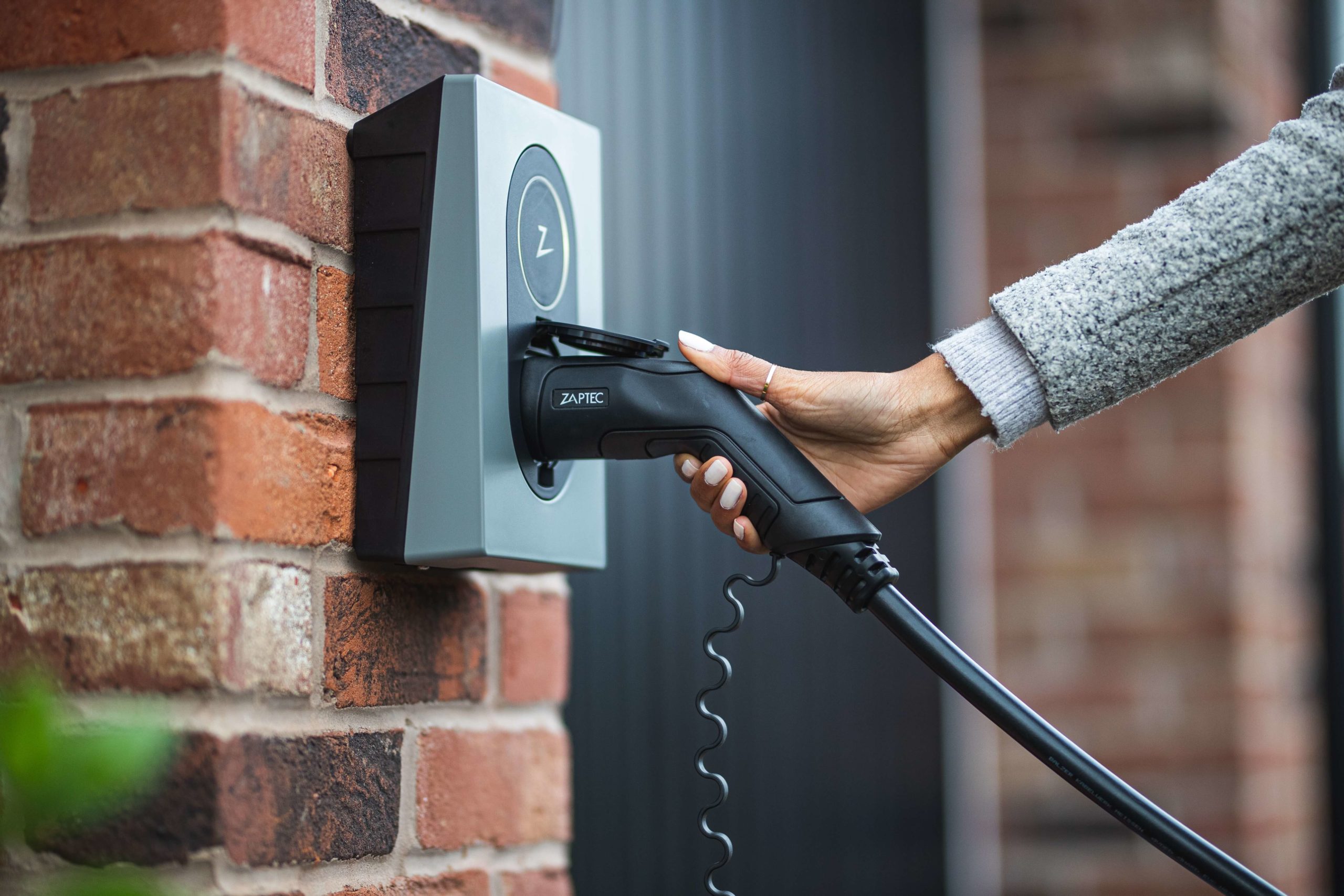New EV Smart Charging Point Regulations

New EV charge point regulations came into force on 30th June 2022, but what are they and how do they affect you?
With more and more people making the switch to electric vehicles the number of EV charging points being installed is on the rise, as well as the amount of electricity being drawn from the grid in order to charge all these new electric cars and vans. Most people choose to charge their vehicles when they are at home in the evening and overnight, and when the cost of electricity is cheaper (if they have a time of use tariff). Therefore, new regulations have been bought in to try and avoid everyone starting their charge at the same time and causing problems for the National Grid.

What are the Regulations?
The National Grid is constantly working to meet the demand from customers, balancing electricity production between renewable sources and power stations. If the demand from customers rises then the grid has to meet this demand by generating more power, it is a constant balancing act. One of the challenges facing the National Grid with the increase of electric vehicles is the increase in charging, usually in the evening when people arrive home from work, or when their electricity tariff changes to a cheaper rate. If everyone was to start charging their cars at the same time, this surge in demand could create issues for the National Grid.
New regulations have now been implemented to help avoid that surge from occurring, The Electric Vehicle Smart Charging Point Regulations 2021, which came into force on 30th June 2022. These regulations state that any EV charging point installed after this date must have smart functionality and be able to carry out randomised delays and smart scheduling.
There will also be some new regulations relating to cybersecurity and data protection, however, these will not come into force until 30th December 2022.
Randomised Delay
If everyone starts charging at the same time, for example when cheaper energy tariffs start, there is going to be a surge in demand that the National Grid would not be able to respond to. That is why all new smart chargers must have a facility to implement randomised delay. This essentially means that after plugging in your car, there will be a delayed start time of up to 10 minutes before the charge point starts charging your vehicle. This will ensure that not everyone starts charging at the same time and gives the grid a chance to respond without causing a power outage. It is worth noting that if you have your own generation from wind or solar, the random delay will not apply as you are using energy generated separately from the National Grid.

Smart Scheduling
The peak demand for the National Grid occurs during the morning and late afternoon. New smart chargers will be programmed to avoid charging at these times. The chargers will have set default charging times such as overnight and during the middle of the day which will encourage owners to charge during off-peak times and hopefully reduce the demand on the grid during busier times. The pre-set hours can be overridden should the owner need to charge during peak times.

How do I comply?
Do not worry if your existing EV charging point does not meet the standards set out in these new regulations, they only apply to those points installed from 1st July 2022. However, if you are having a new EV point installed in the near future make sure to check with your installer that the new charging point is compliant and meets any new requirements.
Back to blog




